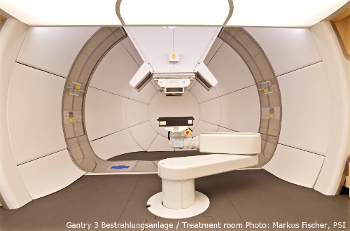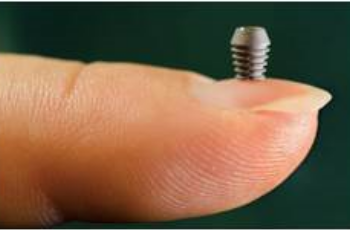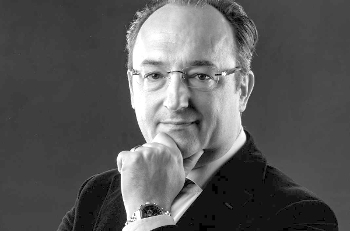Specialists in Herniated Disc
21 Specialists found
Information About the Field of Herniated Disc
What is a Herniated Disc?
The intervertebral disc is an elastic disc between the vertebras of the spine. It is located between each of two adjacent vertebras. Its function is to absorb and evenly distribute the body weight acting on the spine (for example, when walking).
In healthy people, the intervertebral disc is not supplied by blood but by diffusion (inflow and outflow) of synovial fluid. It is usual for the intervertebral disc to degenerate with age, which means to wear over time. The intervertebral disc is divided into two parts, the outer annulus fibrosus, which consists of strong fibrous structures, and the gelatinous nucleus pulposus, which lies within it. The outer part consists of strong fibers that hold the inner part together. The inner part is relatively viscous and comparable to gel.
In a herniated disc, the inner part of the disc leaks through a tear in the outer part into the spinal canal (freely sequestered) or between the spine and a ligament covering the spine (subligamentous). This can pinch the spinal cord or the nerve roots of the spine, the reason for symptoms.
What Causes Lead to a Herniated Disc?
The causes of degeneration of the intervertebral discs are manifold, including prolonged pressure on the disc tissue, incorrect weight-bearing of the spine, lack of nutrient supply to the intervertebral segment, lack of exercise, and poor tissue quality due to heredity.
Which Symptoms Can Occur with a Herniated Disc?
In the case of a herniated disc, radicular (related to nerve roots, radix) pain or discomfort may occur, which results from the indentation of a nerve root. Each spinal segment has two nerve roots on each side (right and left). For example, the posterior nerve root gets information about the pain of an arm. In the case of a forearm burn, pain is transmitted to the posterior root via the arm nerves and from there to the brain via the spinal cord. Then we consciously feel pain in the forearm.
The anterior nerve root works in the other direction. It carries information from the brain to the arm, for example, to move. Understandably, a herniated disc can cause paralysis, spasticity, or various pains and discomforts. Besides, myelopathic damage can result from a herniated disc if the spinal cord is directly impacted. Since all nerve root fibers are conducted to the brain via the spinal cord, movement or sensation can also be affected.
In the case of myelopathic damage, paraplegia can even occur below the herniated disc since all the fibers that run in the spinal cord contain all the sensation and movement information of the body sections below the herniated disc. Thus, one can be paralyzed from below the navel if a complicated herniated disc occurs at this level.
Herniated Disc Conservative Therapy or Surgery?
Conservative therapy is initially scheduled for 4-6 weeks if there are no neurological deficits (e.g., sensory disturbances or paralysis), including local thermal treatment, medication for pain and inflammation, massages, electrotherapy, and physiotherapy. Today, it is abstained from the complete resting of the patient. It has been shown that moderate movement supports the healing process more effectively than complete rest.
If conservative therapy fails, the disc's volume can be reduced by aspirating fluid from it (intradiscal volume reduction). In case of motor deficits and signs of spinal cord compression, disc surgery is advised. It is recommended to carry out surgery only in urgent indications because of the relatively high complication rate.
Herniated Disc Healing Process
Most herniated discs heal without surgery with conservative therapy measures. The duration of the healing process varies individually regardless if the therapy was conservative or surgical. The therapy is followed by outpatient or inpatient rehabilitation after the surgery and integration into employment. In the case of an uncomplicated herniated disc, it takes about 12 weeks until the patient is fit again. However, the healing process can be faster or slower. The patient is required to cooperate with the movement therapy and a lot of patience. General prognoses are somewhat difficult because each herniated disc and patient are individually different.
Which Doctors and Clinics Specialize in Herniated Discs in Germany and Switzerland?
Every patient suffering from a herniated disc wants the best medical care. Therefore, the patient is wondering where to find the best clinic for a disc surgery or a disc specialist.
Different specialists can diagnose a herniated disc. The first doctor to see for back pain, numbness, and paralysis is usually the general practitioner. This doctor can decide about a referral to a neurologist or orthopedist is. Patients can also see an orthopedic surgeon in the first place or, in acute severe pain and paralysis symptoms, go directly to a clinic for orthopedics and spinal surgery as an emergency. General practitioners and orthopedic surgeons, and neurologists can very reliably suspect a herniated disc based on symptoms, a physical examination, and the history of how the herniation occurred.
To confirm the diagnosis, specialists usually use imaging techniques such as MRI and CT. Besides, neurological examinations can help with the diagnosis. Sensitivity and reflexes are checked, or specialized techniques are used to test the nerves, their excitation, and their conduction velocity (evoked potentials, EMG, nerve conduction velocity). If disc surgery is necessary, specialists in spine surgery are the right professionals to contact.
Sources:
Imhoff, Linke, Baumgartner, Thieme Verlag: Checkliste Orthopädie
Duale Reihe, Thieme Verlag: Orthopädie und Unfallchirurgie
Rüther und Lohmann, Urban und Fischer: Orthopädie und Unfallchirurgie
Medical Articles
Your benefits
If you have found a matching specialist, you can contact him/her directly and upload records if needed. And in case you need treatment, you can…
We will direct your request to the appropriate specialists
We are happy to assist you in choosing a specialist for your needs. The service of PRIMO MEDICO is always free, confidential and discreet for…
The treatment of scoliosis in transition - When is surgery necessary?
Scoliosis is a lateral deviation of the spine. This usually involves torsion of the individual trunk sections as well as a change in the side…
Specialists' Second Opition
Many people suffer from shoulder pain or hip problems. In this case, doctors quickly recommend surgical intervention. But is this really always…
High-tech against cancer: new treatment facility put into operation
At the Paul Scherrer Institute in Switzerland a new state-of-the art treatment facility, the so-called Gantry 3, has been put into operation.
Implants: "The Longer, the Better" Has Had Its Days
Ultra-short implants have a significantly better durability than expected by experts - with lower costs, treatment times, and complications.
Modern Prostheses for Natural Walking
The ankle joint is particularly susceptible to degeneration such as osteoarthritis. It has to bear the greatest weight of all joints in the body.
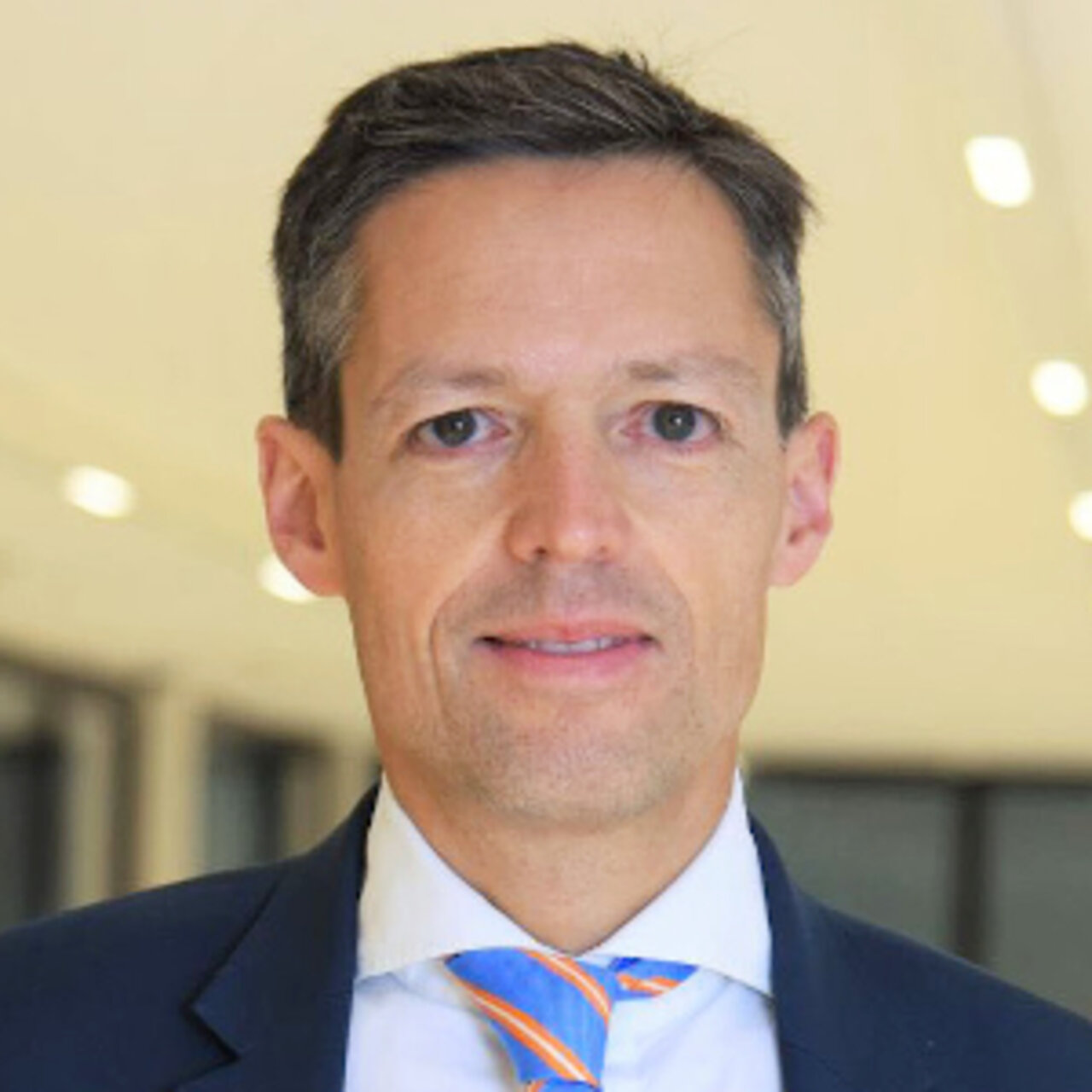
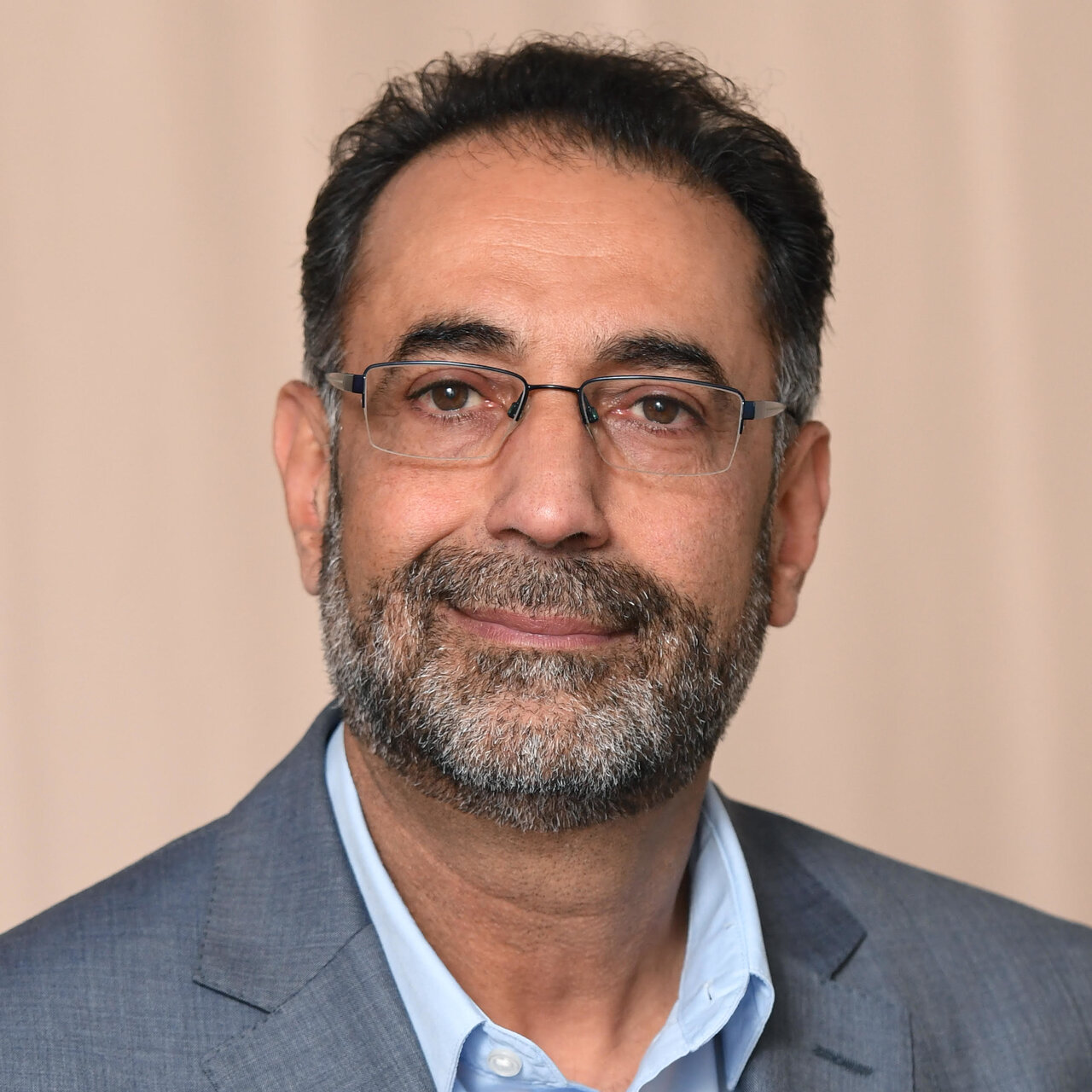
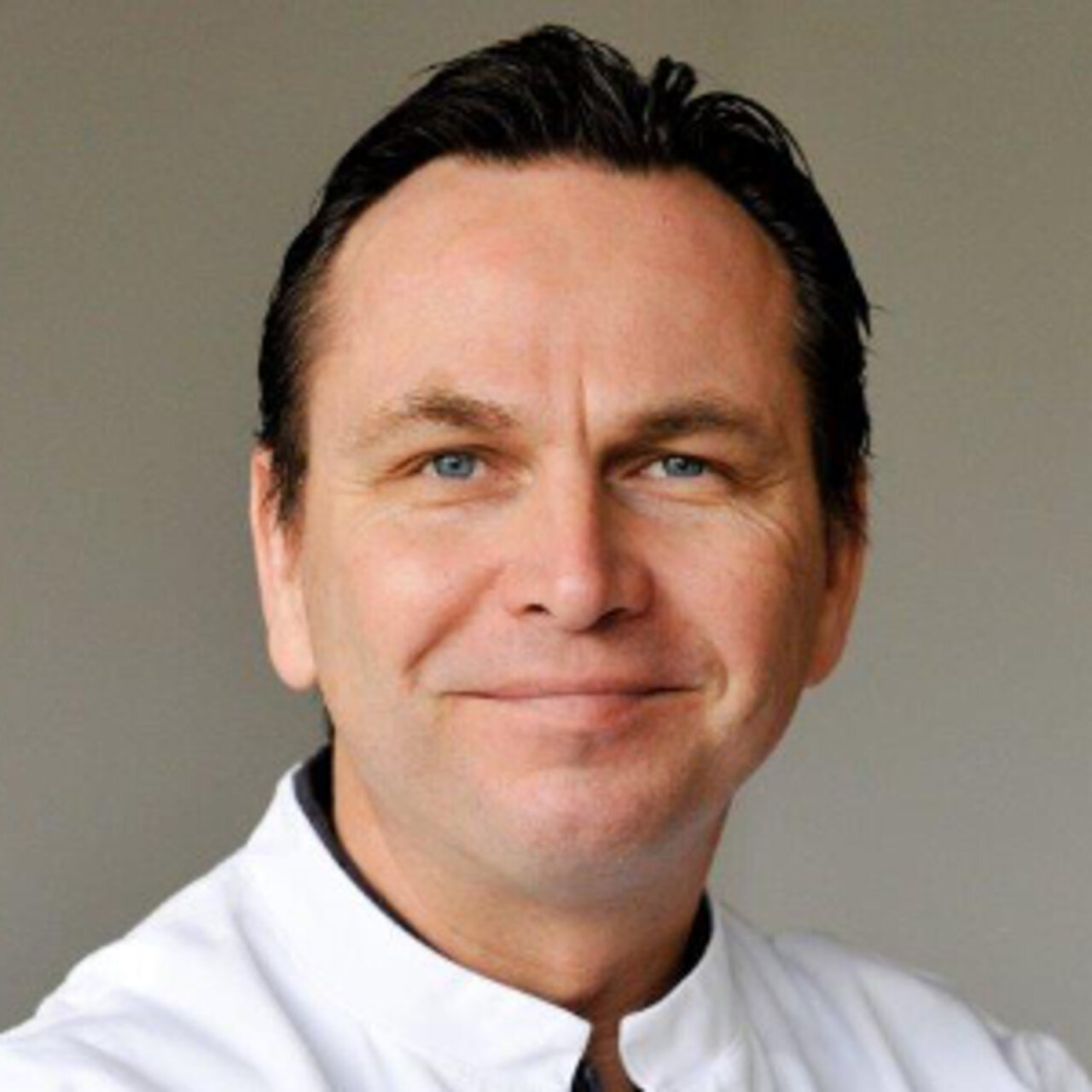
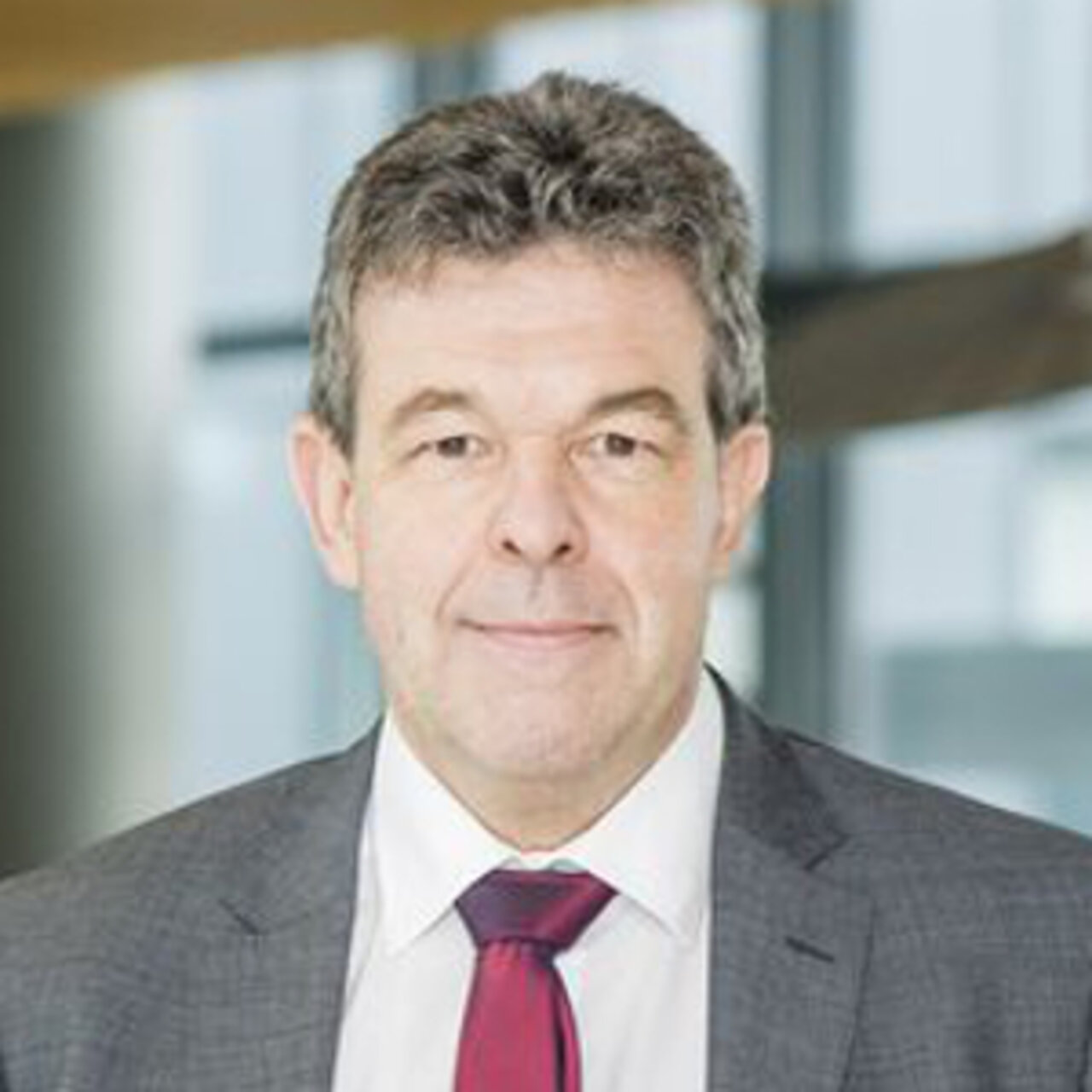
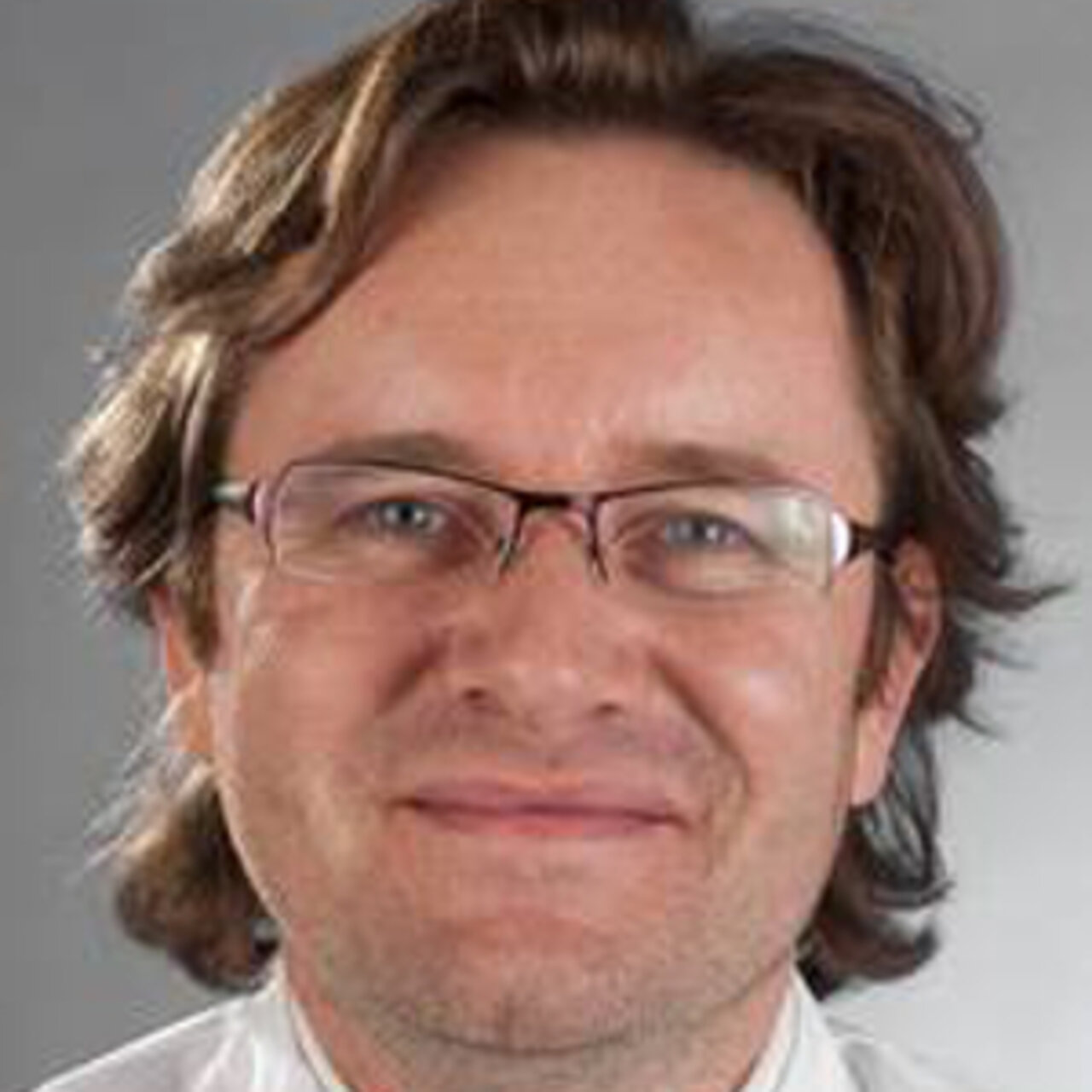

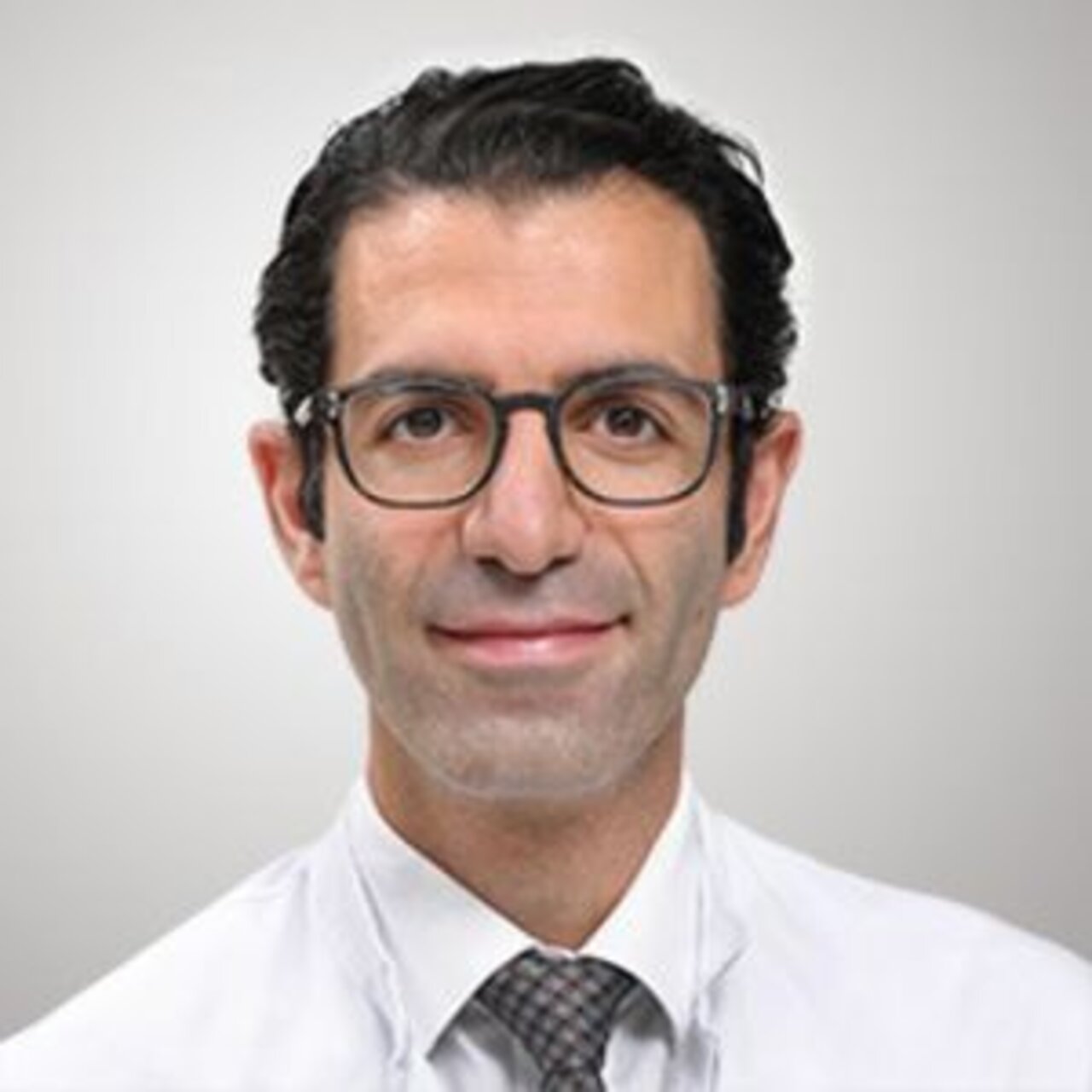
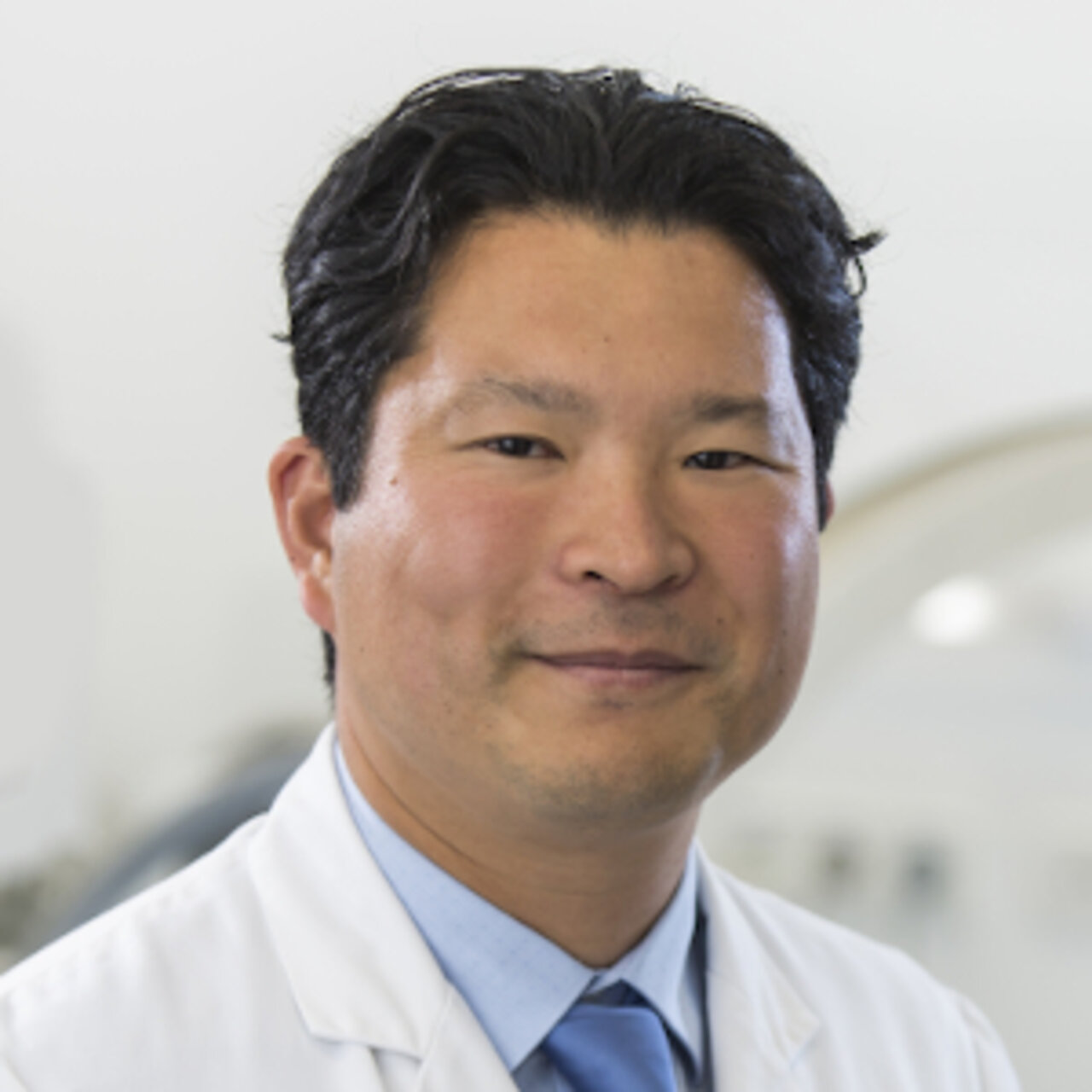
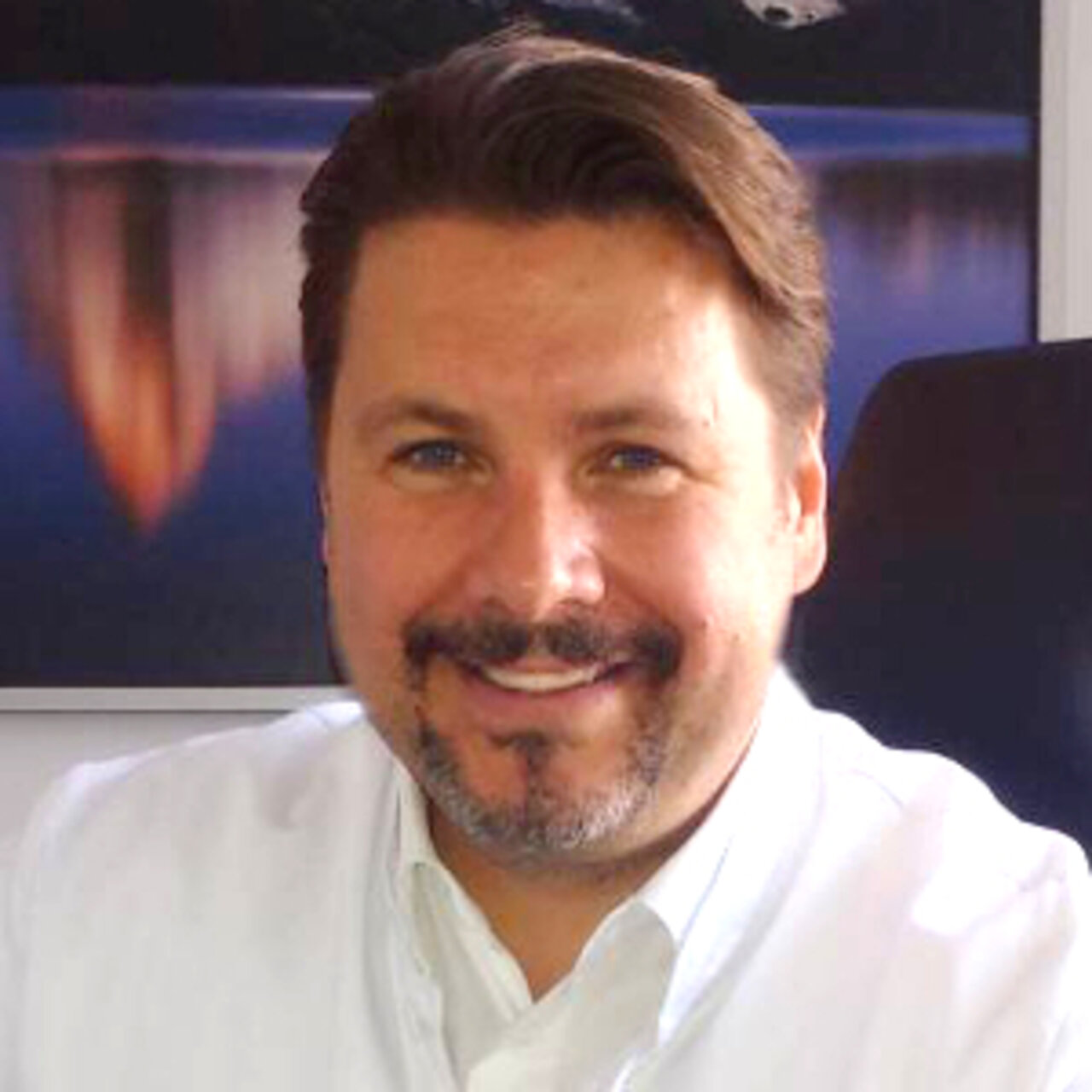

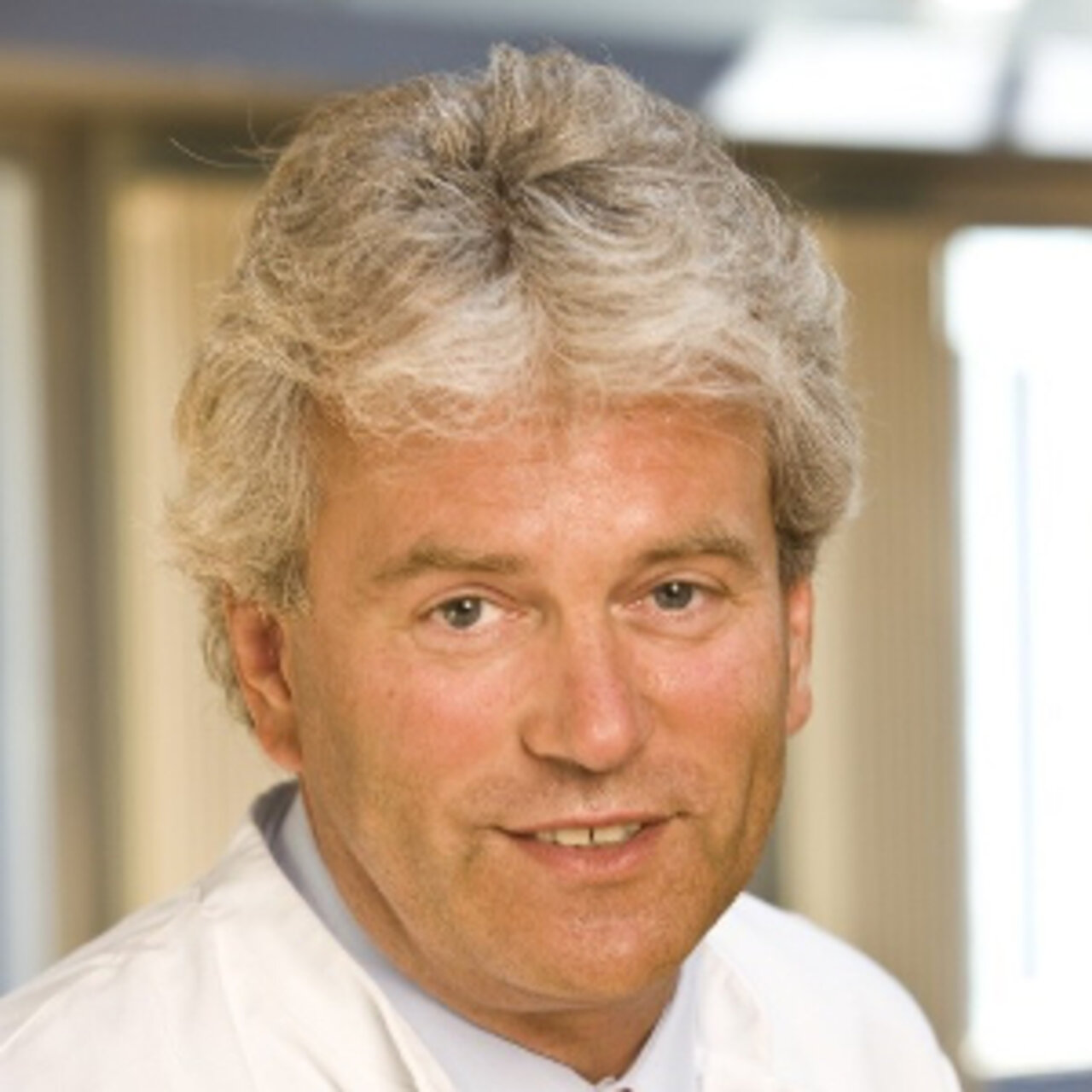

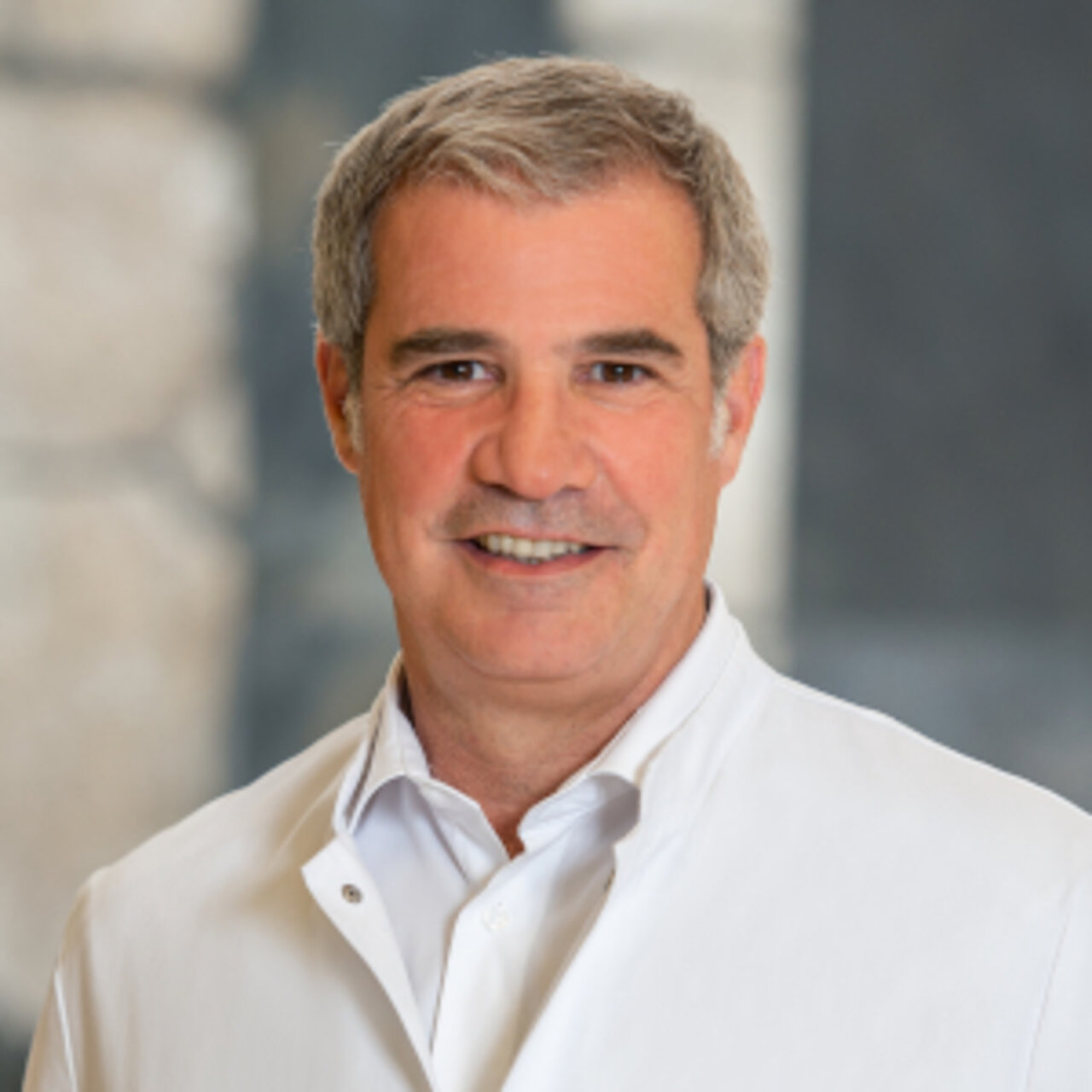
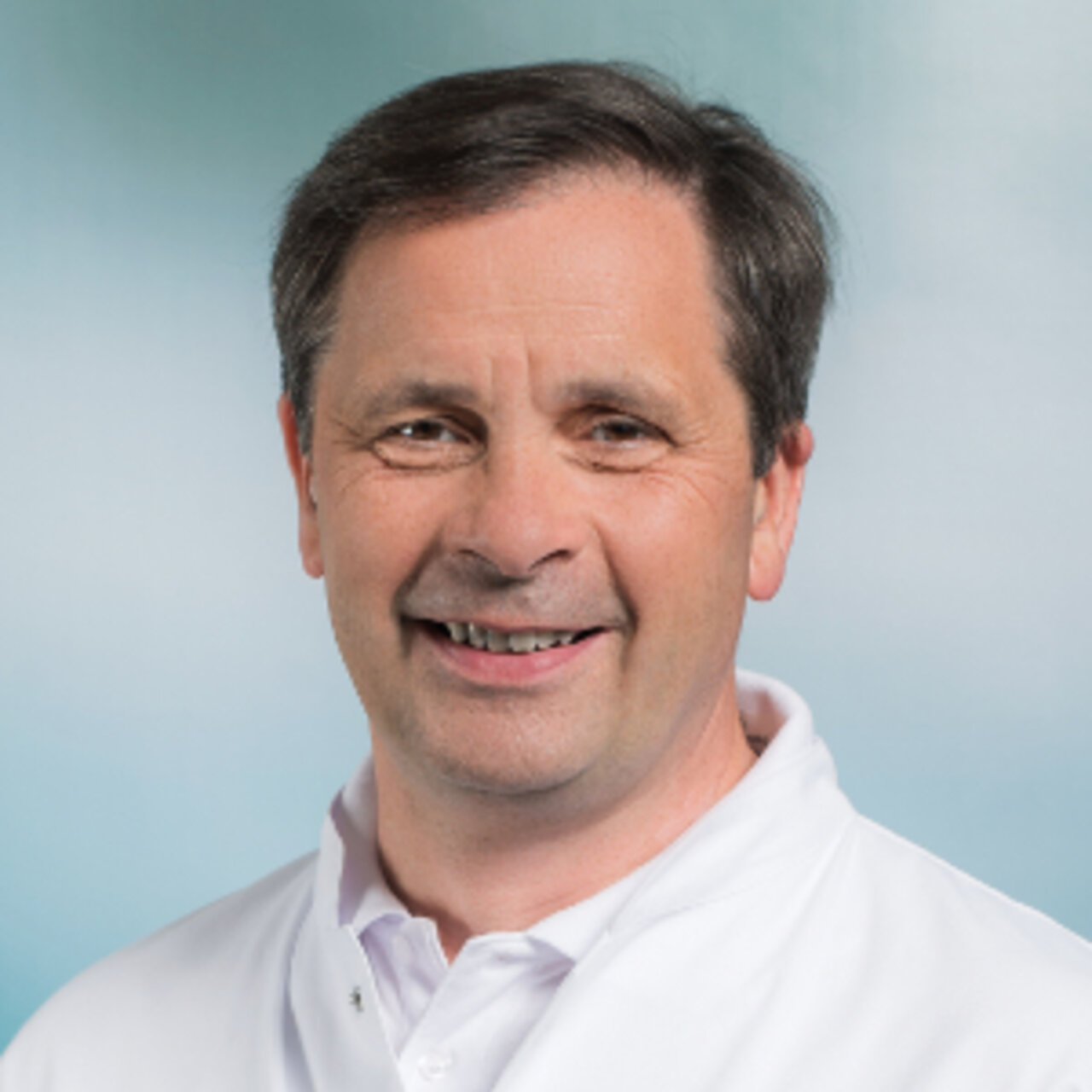
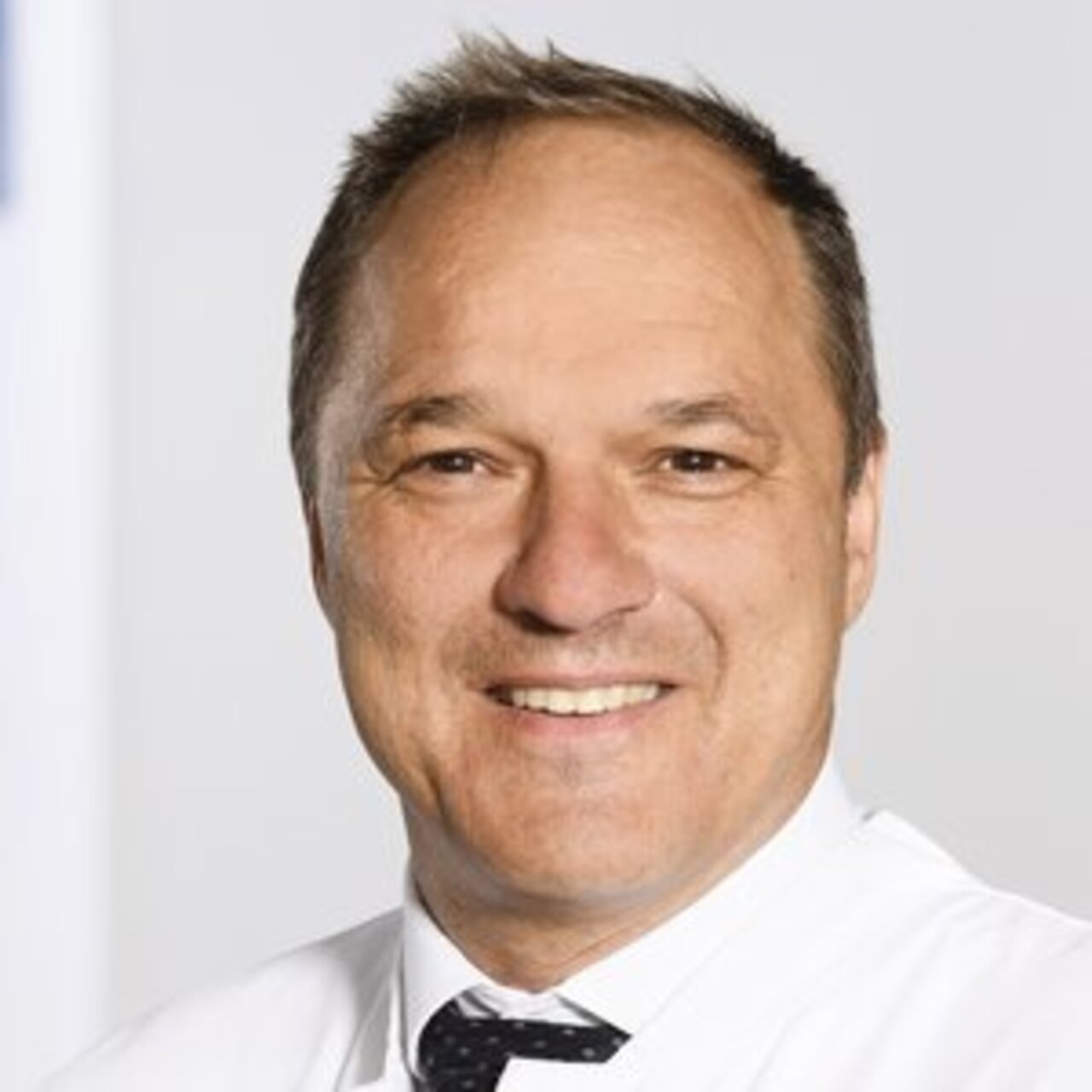
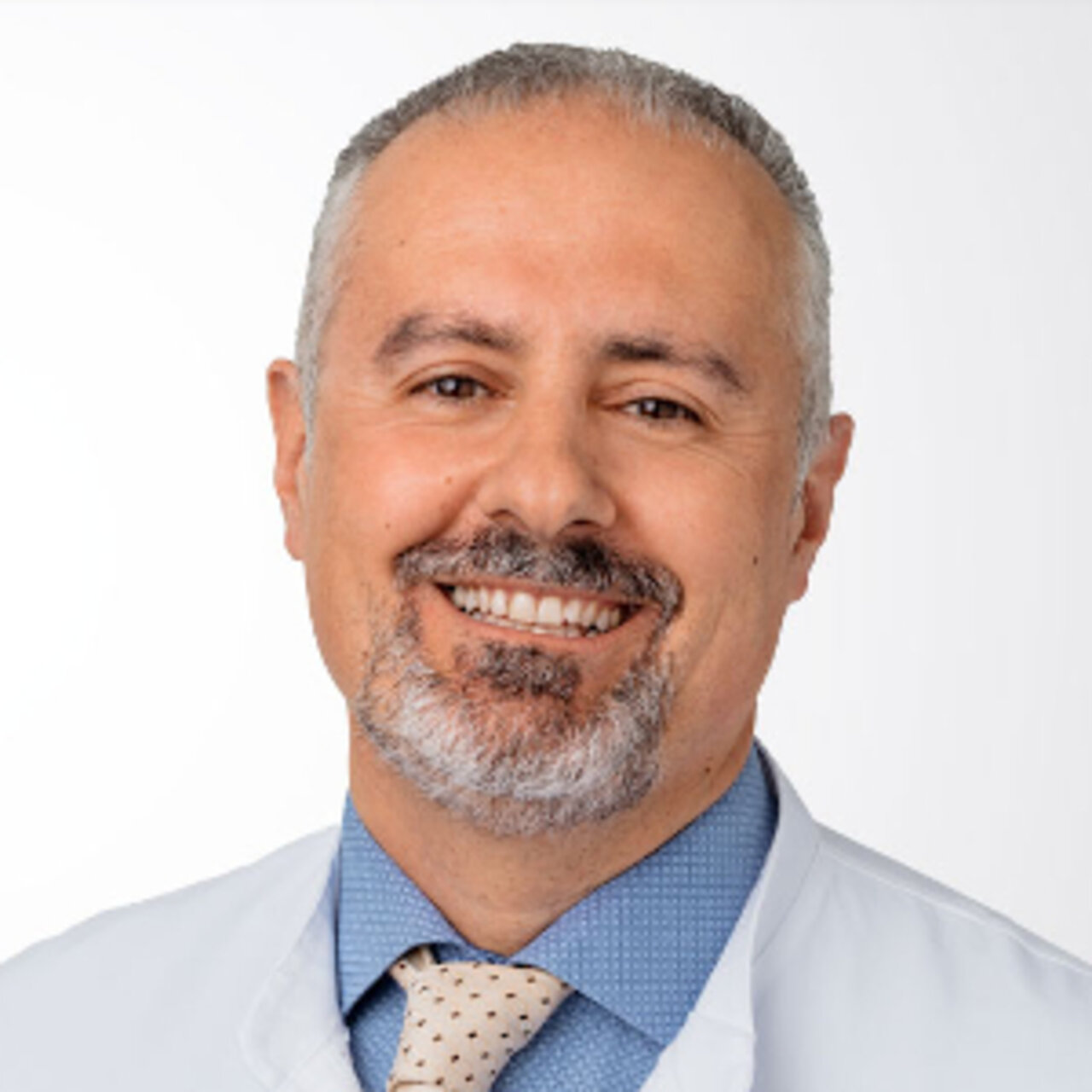

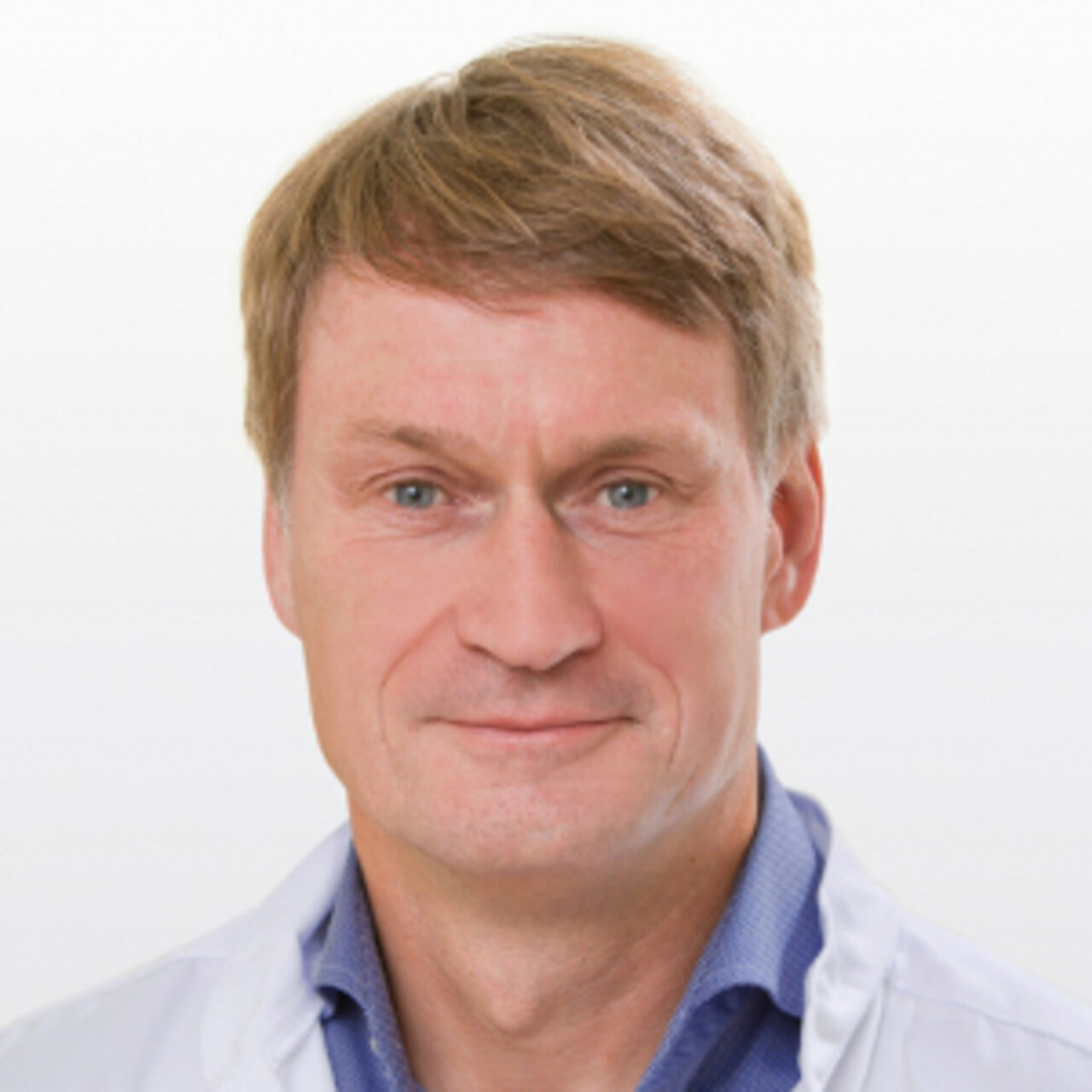
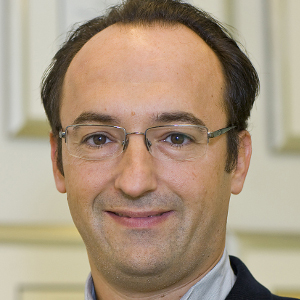
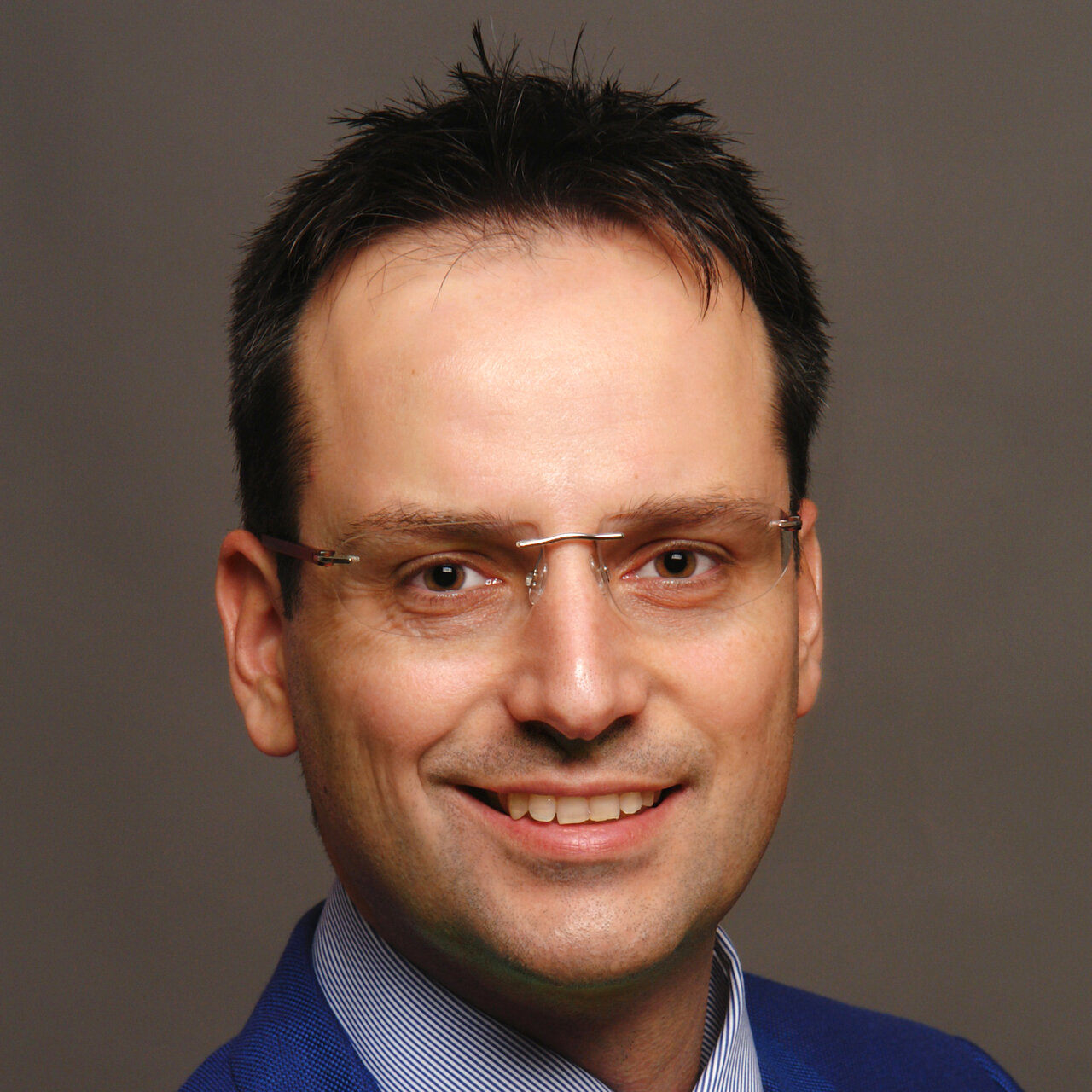
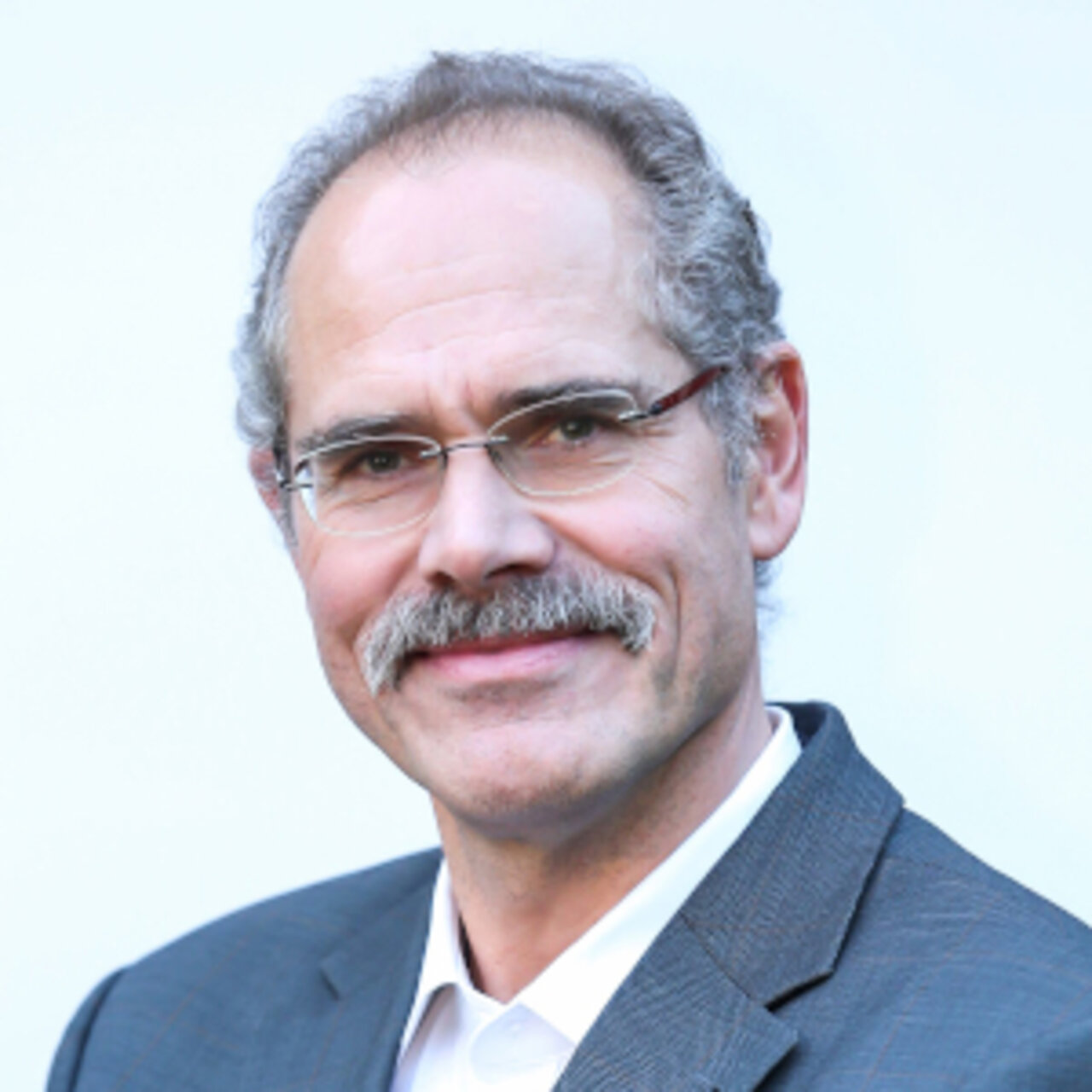


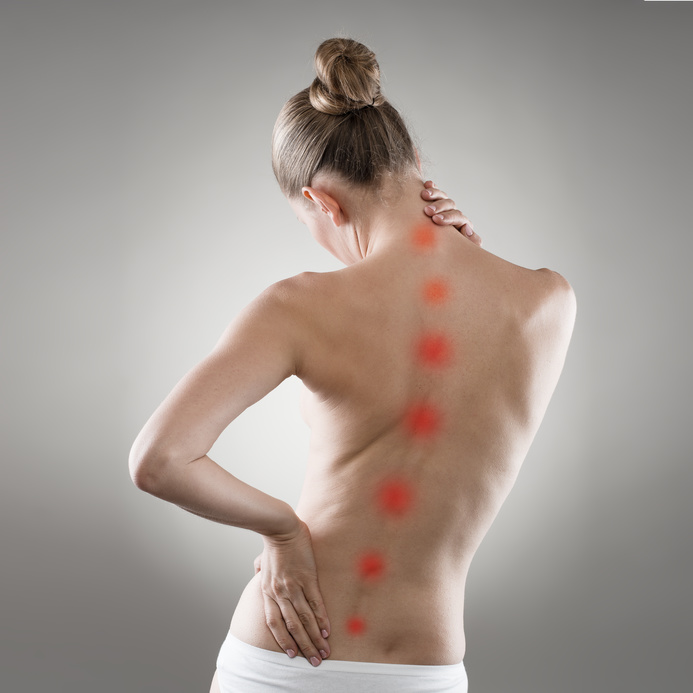
![[Translate to English:] Zweitmeinung von Spezialisten [Translate to English:] Zweitmeinung von Spezialisten](/fileadmin/user_upload/Zweitmeinung-von-Spezialisten_350px.jpeg)
